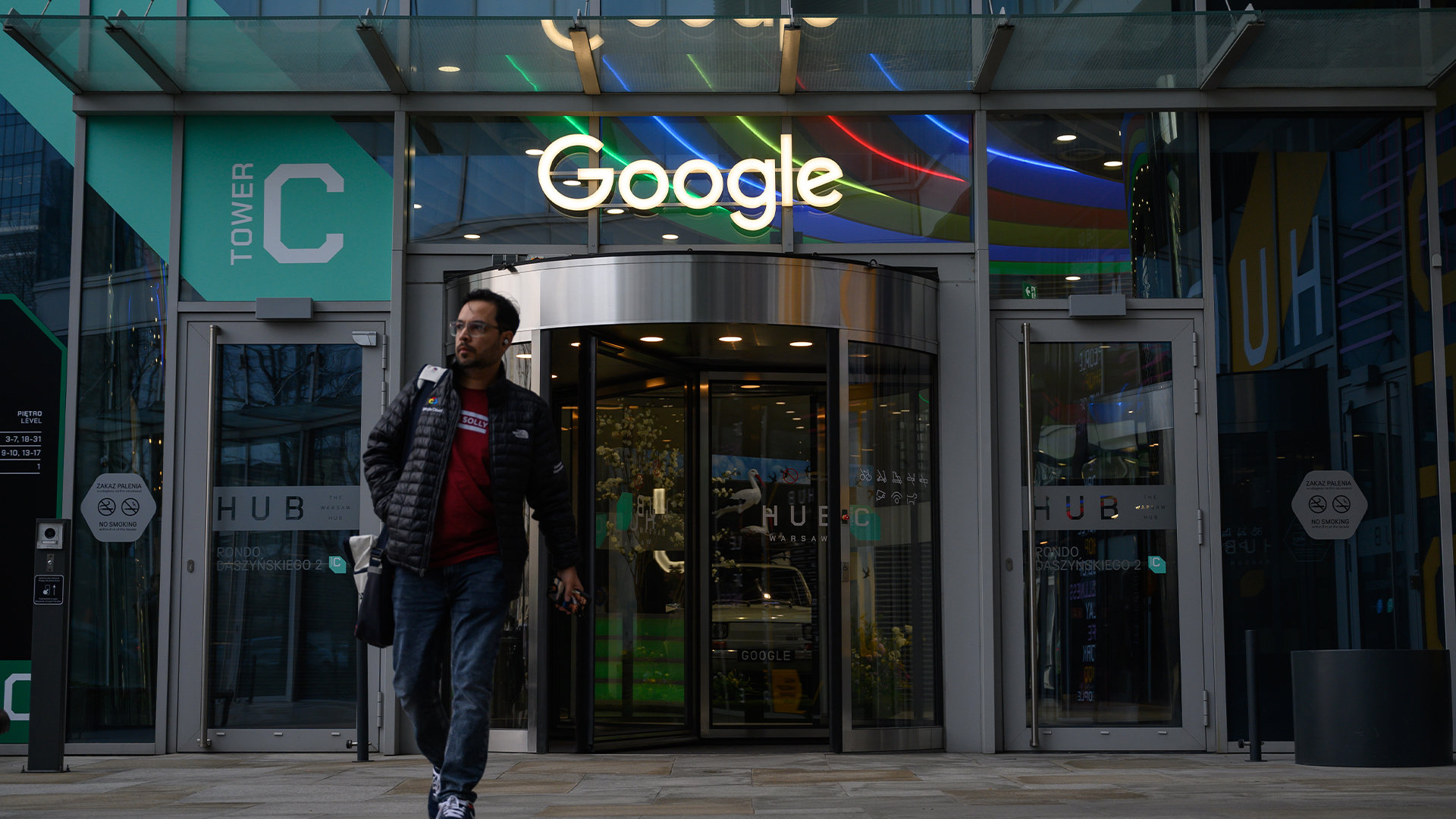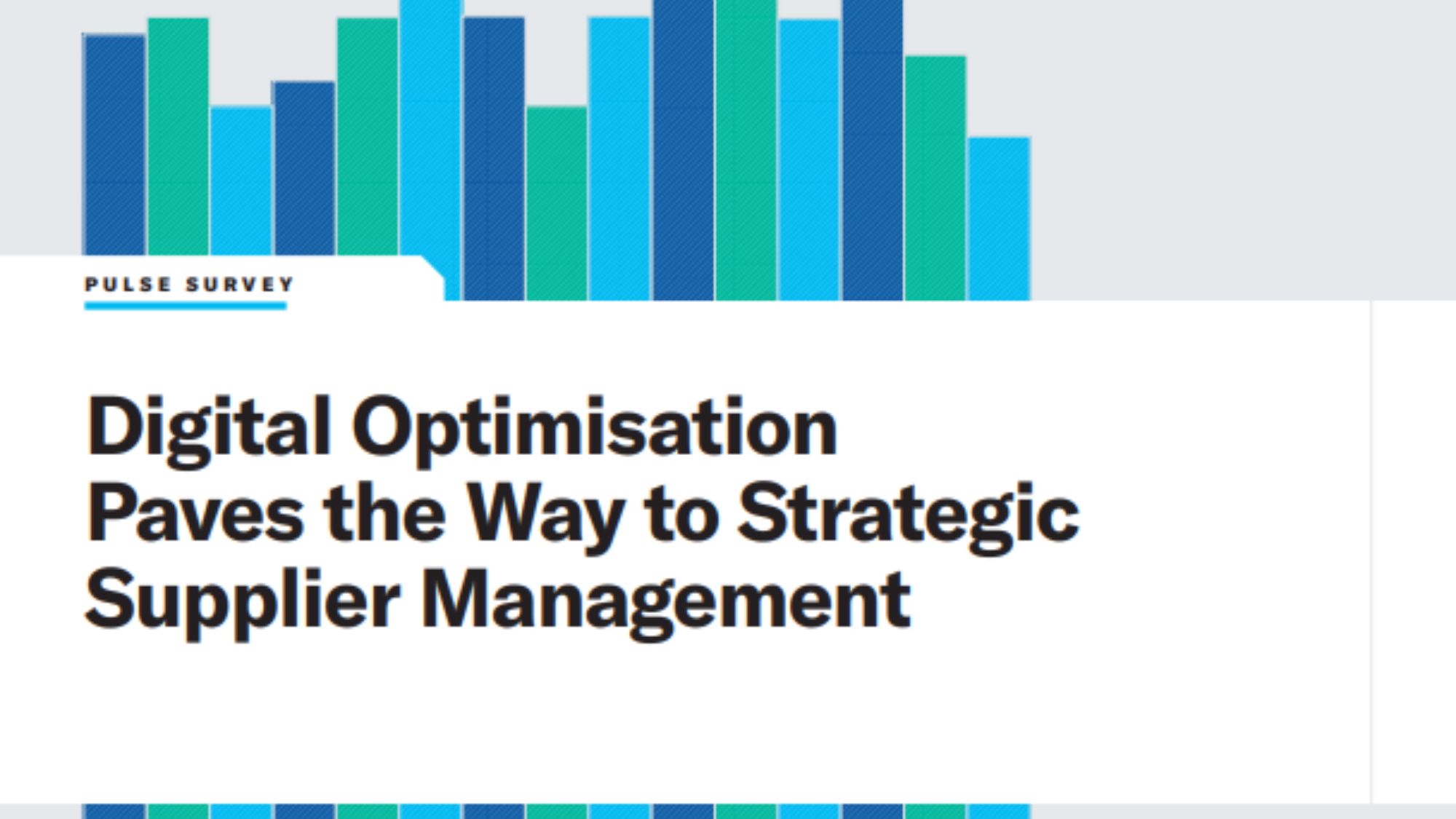Fake it till you make it: 79% of tech workers pretend to know more about AI than they do – and executives are the worst offenders
Tech industry workers are exaggerating their AI knowledge and skills capabilities


Find AI confusing? Don't worry, so do most of your colleagues — almost eight in ten of them, but they likely won’t admit it.
That's the key finding from a survey of 1,200 technology workers and executives in the US and UK by training company Pluralsight, which found that 79% of tech workers pretend to know more about AI than they actually do.
Executives may be even more dishonest about their AI skill, the survey found, with around 91% of bosses admitted to faking AI knowledge. On the upside, half of companies are now offering AI training, so perhaps less dishonesty will be necessary in the future, Pluralsight noted.
The research also found that — despite admitting to faking AI knowledge — nine-in-ten tech workers and execs believe they had the necessary skills to use AI in their day-to-day roles, though most thought their colleagues lacked the same skills.
"One potential explanation for this gap is the Dunning-Kruger effect — a well-researched phenomenon where a person’s lack of knowledge and skill in a specific area causes them to greatly overestimate their competence," the report noted.
"If this is the case, then it’s likely that a large percentage of the workforce believe they have greater AI skills than they do because they lack enough knowledge about AI to 'know what they don’t know'."
Shadow AI at work
This phase of the AI revolution appears to be a bit confusing for everyone. Not only are those in the tech industry lying about their own capabilities, but they're told to use AI and then called lazy for doing so.
Get the ITPro daily newsletter
Sign up today and you will receive a free copy of our Future Focus 2025 report - the leading guidance on AI, cybersecurity and other IT challenges as per 700+ senior executives
The survey showed 95% of tech executives believe AI skills are crucial for job security, but 61% of their employees and 73% of execs reported a perception that using generative AI to assist their own work was seen as "lazy" by their company.
That leads to the use of "shadow AI", the report noted, which can cause security and compliance issues.
"With this stigma, workers often use… AI tools for work projects without giving credit or acknowledgement for its use," the report noted.
"Two in three people have noticed coworkers use AI without admitting it, while one in three report hidden AI use being widespread in their workplace."
From a worker standpoint, the use of shadow AI matters because those not using such tools are being compared to those that are, making it difficult to keep pace without access to the same tools.
"It also gives a mistaken impression that nobody is using AI, so there is no urgency to utilize it, when in reality colleagues may be getting AI assistance regularly," the report added.
Shadow AI has been creeping into a range of tech industry professions over the last two years. Research in January this year, for example, found software developers are increasingly using non-approved tools, prompting major concerns over potential security lapses.
The security aspect of shadow AI in particular is a recurring talking point. Analysis from BC, the Chartered Institute for IT, shows that using non-approved tools raises the risk of breaching data privacy rules or exposing organisations to potential security vulnerabilities.
Job losses and AI shortages
This fluctuating perception of AI tools in the workplace comes amid a period of heightened concern among workers.
The study from Pluralsight found 90% of respondents believe it’s somewhat likely their jobs will be replaced by the technology, despite half of employers actually adding AI-related jobs.
Skills shortages are also placing pressure on both employers and employees alike. Two-third said they’ve had to abandon an AI project due to a lack of skilled staff, for example.
"In addition to the systemic misrepresentation of AI knowledge, Pluralsight also found that AI is complicating perceptions about how work is getting done," said Chris McClellen, Chief Product and Technology Officer at Pluralsight.
"Fears about AI supplanting jobs is becoming the new norm and employees are quietly worried that using AI in their daily routine looks lazy."
MORE FROM ITPRO
Freelance journalist Nicole Kobie first started writing for ITPro in 2007, with bylines in New Scientist, Wired, PC Pro and many more.
Nicole the author of a book about the history of technology, The Long History of the Future.
-
 Google tells some remote workers to return to the office or risk losing jobs
Google tells some remote workers to return to the office or risk losing jobsNews Google has warned remote workers will need to return to the office or else lose their jobs, according to reports.
By Ross Kelly
-
 IBM puts on a brave face as US government cuts hit 15 contracts
IBM puts on a brave face as US government cuts hit 15 contractsNews Despite the cuts, IBM remains upbeat after promising quarterly results
By Nicole Kobie
-
 Microsoft says workers should believe the hype with AI tools: Researchers found Copilot users saved three hours per week sifting through emails, gained more focus time, and completed collaborative tasks 20% faster
Microsoft says workers should believe the hype with AI tools: Researchers found Copilot users saved three hours per week sifting through emails, gained more focus time, and completed collaborative tasks 20% fasterNews Using AI tools paid dividends for some workers, but alternative research shows it could create problems for others down the line.
By Ross Kelly
-
 AI-first partnerships: Unlocking scalable growth for business
AI-first partnerships: Unlocking scalable growth for businessChannel partners play a vital role in facilitating AI adoption, but there's more to offering support than simple integration
By Neil Sawyer
-
 Reinventing Procurement: From Cost Center to Innovation Driver
Reinventing Procurement: From Cost Center to Innovation Driverwhitepaper
By ITPro
-
 Digital Optimisation Paves the Way to Strategic Supplier Management
Digital Optimisation Paves the Way to Strategic Supplier Managementwhitepaper
By ITPro
-
 Google Cloud is leaning on all its strengths to support enterprise AI
Google Cloud is leaning on all its strengths to support enterprise AIAnalysis Google Cloud made a big statement at its annual conference last week, staking its claim as the go-to provider for enterprise AI adoption.
By Rory Bathgate
-
 Meta executive denies hyping up Llama 4 benchmark scores – but what can users expect from the new models?
Meta executive denies hyping up Llama 4 benchmark scores – but what can users expect from the new models?News A senior figure at Meta has denied claims that the tech giant boosted performance metrics for its new Llama 4 AI model range following rumors online.
By Nicole Kobie
-
 Sourcetable, a startup behind a ‘self-driving spreadsheet’ tool, wants to replicate the vibe coding trend for data analysts
Sourcetable, a startup behind a ‘self-driving spreadsheet’ tool, wants to replicate the vibe coding trend for data analystsNews Sourcetable, a startup developing what it’s dubbed the world’s first ‘self-driving spreadsheet’, has raised $4.3 million in funding to transform data analysis.
By Ross Kelly
-
 DeepSeek and Anthropic have a long way to go to catch ChatGPT: OpenAI's flagship chatbot is still far and away the most popular AI tool in offices globally
DeepSeek and Anthropic have a long way to go to catch ChatGPT: OpenAI's flagship chatbot is still far and away the most popular AI tool in offices globallyNews ChatGPT remains the most popular AI tool among office workers globally, research shows, despite a rising number of competitor options available to users.
By Ross Kelly